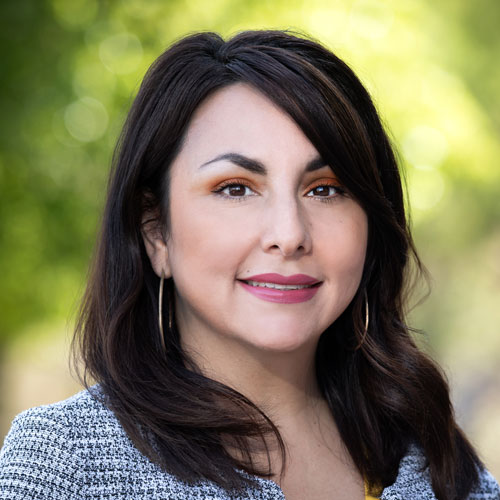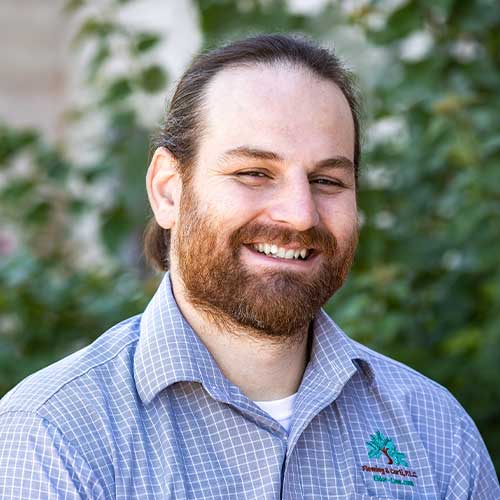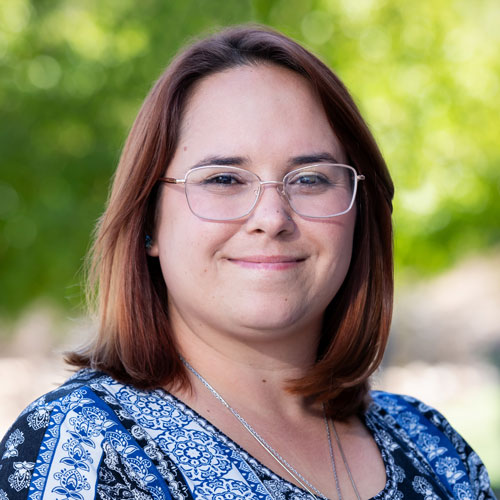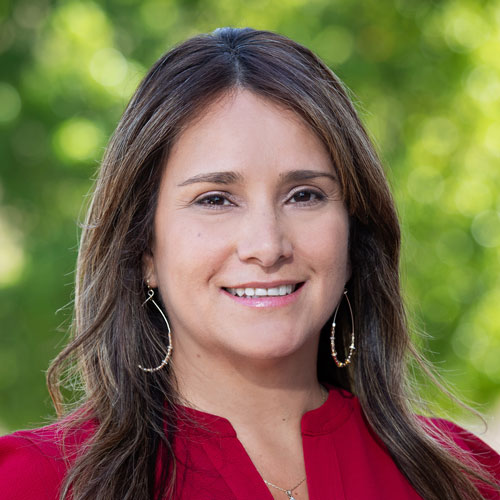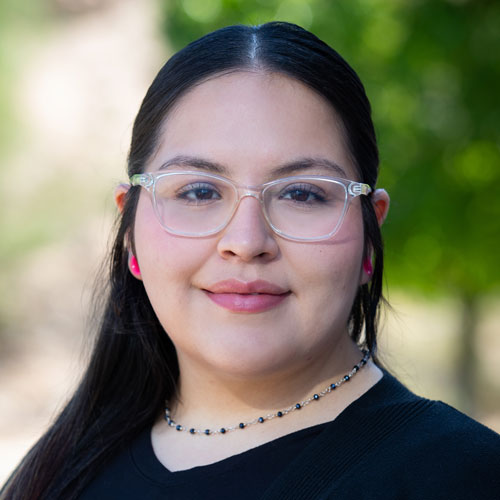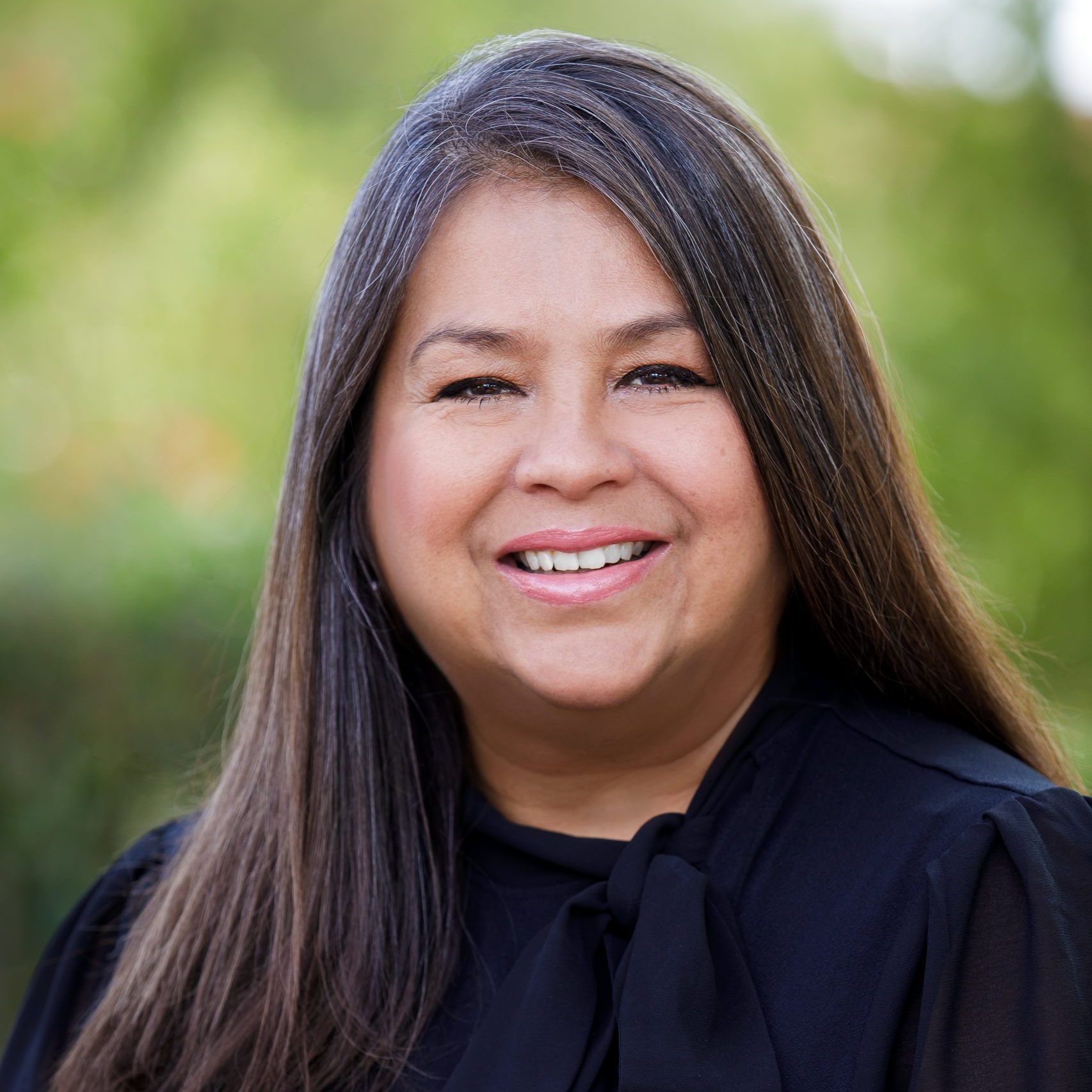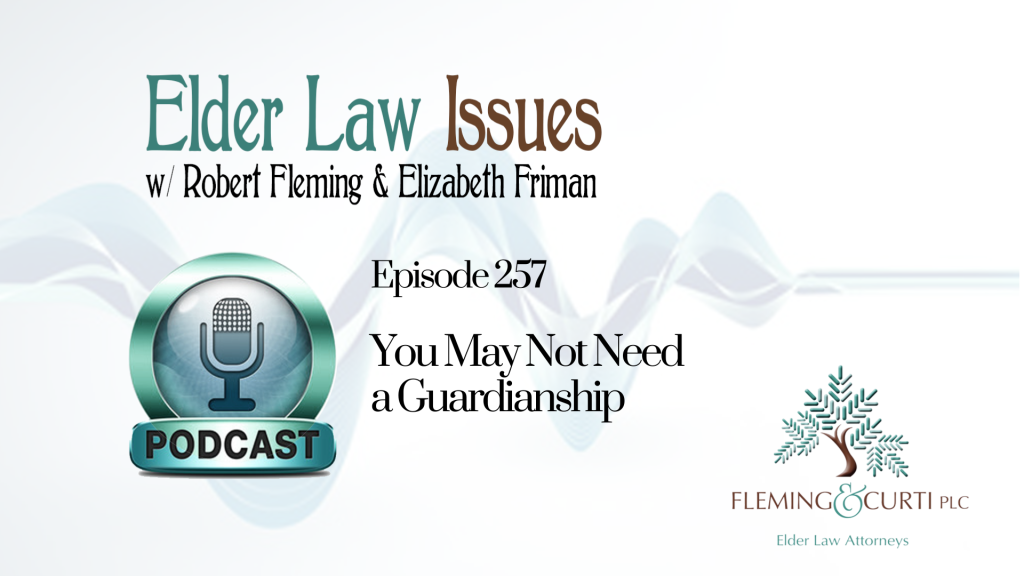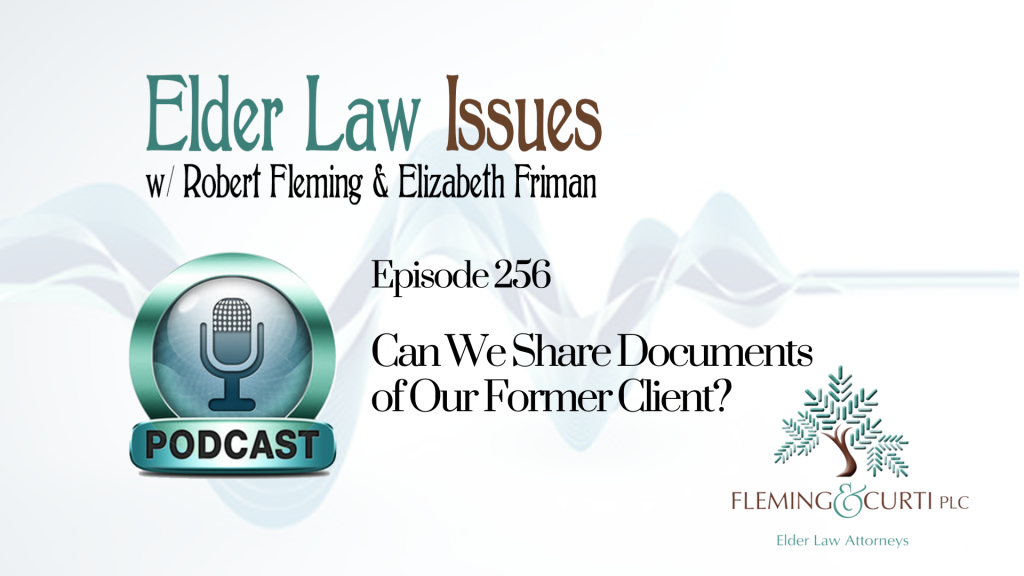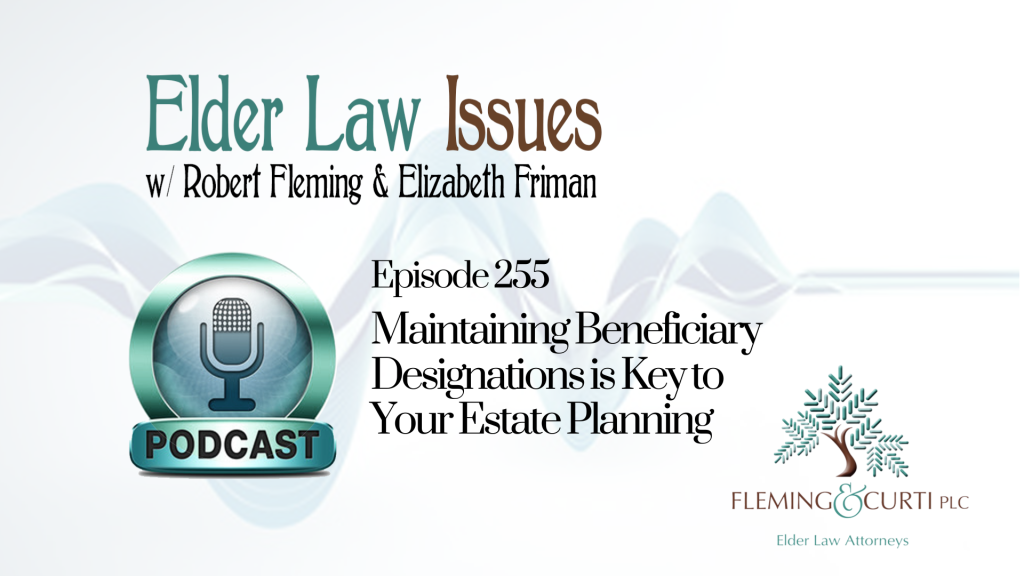About Us
What is Fleming & Curti about? Teamwork. That’s what sets us apart from other law firms. Every client and beneficiary can be assured that we are all working together to deliver services in the most efficient, caring manner possible.
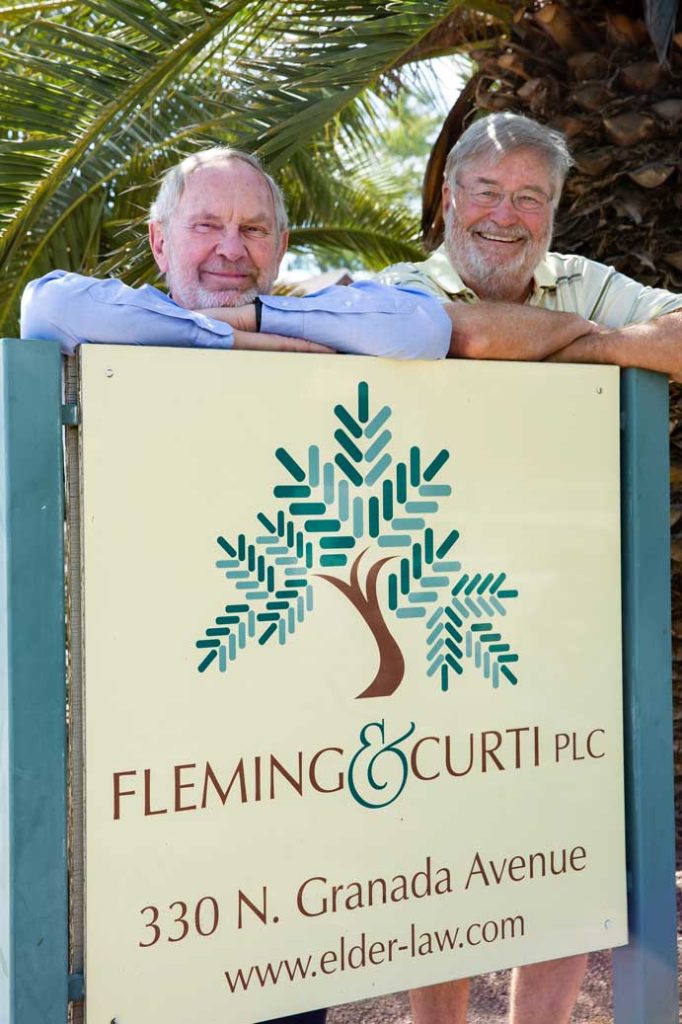
A Tucson fixture since 1994
When Tom Curti and Robert Fleming became partners, it was their second law partnership; they had been principals in a larger firm in the 1970s, right after they graduated from law school together. With Tom’s retirement, Robert and Elizabeth Noble Rollings Friman are our principals.
We practice elder law — focusing on the type of client served as well as the legal issues addressed. Our strengths are estate planning, particularly for people with disabilities, whether they are children, young adults, or seniors; guardianships and conservatorships; estate administration; and fiduciary services.
After more than twenty-five years in downtown Tucson, the firm moved to its present offices at Joesler Village, at River Road and Campbell Avenue. Although the downtown office, in a converted bungalow, was quaint and historic, the River-Campbell space is more open, easier to access, and has plenty of parking.

Attorneys
Their primary task is to act as a guide – for the direction of the firm in general and also any given case. Their bios may reflect publishing credits and professional designations and accolades, but day to day, we are all for one and one for all.
Legal Assistants
This team is the driving force behind legal filings and related matters. Capable, efficient, and detail- oriented, they are the go-tos for probate proceedings, estate administration, guardianships, conservatorships, and more.
Case Managers
They’re the “boots on the ground” for cases in which Fleming & Curti acts as fiduciary. They attend to both the short-term and long-term needs of the people we serve as trustee, guardian, conservator, and agent under power of attorney.
Finance Team
Our finance team tracks every penny that comes in and goes out, pays bills, coordinates payroll for private caregivers, coordinates with attorneys to facilitate distributions, and oversee tax obligations. This group is extra mindful about privacy and security procedures so that account information is protected.
Law Clerks
This team assists with a wide variety of tasks around the office in a number of different practice areas including probate, trust administration and estate planning.
Administration
Our administrative team supports our practice with a wide variety of services, including intake and daily operations. This team makes sure clients, visitors and staff are all taken care of in a timely manner.
FAQ
New clients pay an initial flat fee of $400 for most consultations. During the consultation, we will discuss the fee for providing ongoing legal services. For most matters we will bill an hourly rate for time actually spent. Each staff member who works on your case keeps track of his or her time and bills at a predetermined rate. If you decide to hire us, during or shortly after the initial meeting, you will receive a fee agreement that outlines the scope of our work and the basis for the fees charged.
When Fleming & Curti is named as fiduciary, fees are determined on a case-by-case basis. The fee must be reasonable for the circumstances. That will sometimes be an hourly arrangement and sometimes a percentage of the value of the trust or estate.
As for how much your case might cost, each case is different and depends on the complexity and amount of work required. We will be happy to discuss fee estimates in the initial consultation.
Click Here for more information on our fees.
An estate plan is a set of documents that communicates two primary things: how you want your assets to be distributed upon your death and who you want to manage your affairs at death and during your lifetime if you are unable to manage them yourself. A typical estate plan includes your will, sometimes a trust, and both financial and healthcare powers of attorney. If you have a child or other beneficiary with a disability, it may also include a special needs trust. Proper and thorough planning for families can help increase efficiency, reduce the potential for future conflict among family members and loved ones, and minimize costs.
Click Here for more information on estate plans.
During your lifetime, if you do not have a valid estate plan and become unable to manage your own affairs, a guardianship and/or conservatorship may be necessary to manage your life and finances. At death, if you do not have a valid will or trust, state law governs how assets will be distributed, except those with beneficiary designations.
A “special needs trust” is a type of trust that is structured to preserve needs-based benefits that a disabled person might be receiving or for which they might be eligible. A special needs trust allows funds to be available to supplement benefits provided by Supplemental Security Income (SSI) and/or long-term care Medicaid (in Arizona, that’s ALTCS). Without these trusts, many disabled people would lose benefits that can be essential to their wellbeing. There are different types of special needs trusts and these include third-party trusts, which are created by one person for the benefit of another, and first-party, self-settled trusts, which are funded by an individual who is also the beneficiary of the trust.
Click here for more information on special needs trusts.
How we're different
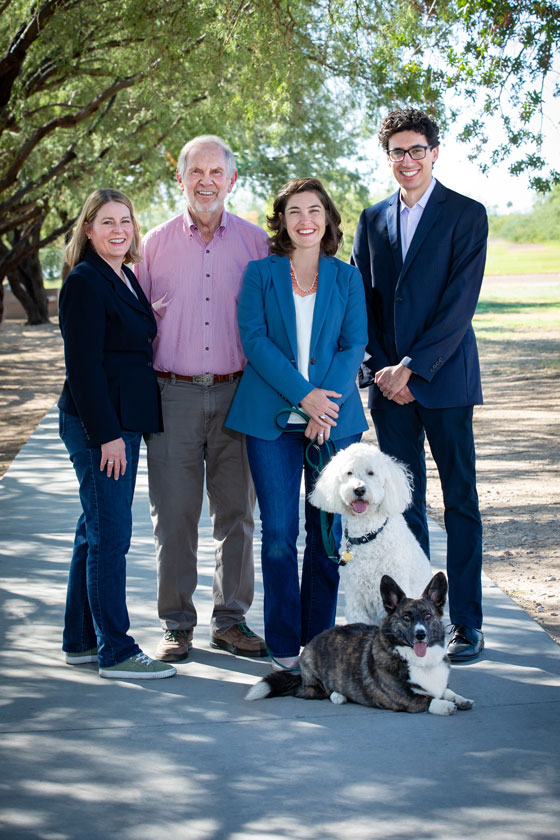
Podcasts
Elder Law Articles
Subscribe to our Newsletter
Subscribe to our newsletter to get our takes on some of the situations families, seniors, and individuals with disabilities find themselves in. These posts help guide you in the decision-making process and point out helpful tips and nuances to take advantage of. Enter your email below to have our entries sent directly to your inbox!









